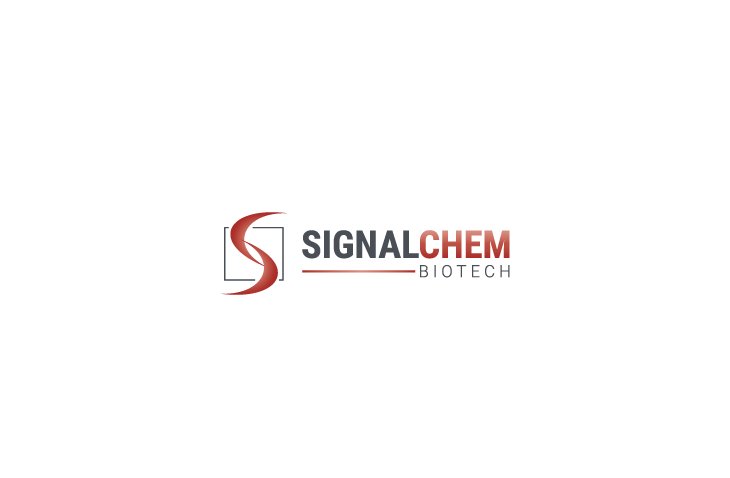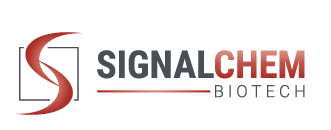-
Research area
- Biochemicals
- Blood and Biospecimens
- Cell biology
- Environmental
- Flow Cytometry
- Forensic Science
- Genomics
- Immunology
- Labware
- Microbiology
- Pathology
- Transplantation
429 Too Many Requests 429 Too Many Requests
nginx - Suppliers
- About us
- Resources
- Events
- Support
- Lab Services
- Promotions
Product description
The AKT family of serine/threonine kinases includes AKT1, AKT2 and AKT3. They are activated in response to diverse stimuli such as hormones, growth factors and extracellular matrix components. AKTs are involved in glucose metabolism, transcription, survival, cell proliferation, angiogenesis, and cell motility (1). AKT1 is frequently overexpressed and active in many types of human cancers including cancers of colon, breast, brain, pancreas and prostate as well as lymphomas and leukemias (2). AKT is activated by phosphorylation at Thr308 and Ser473 by PDK1 and PDK2 respectively.
Specifications
Clonality
Polyclonal
Supplier
SignalChem
Shipping & storage
Shipping condition
Blue Ice
Storage temperature
2-8°C
Do you have any questions about this product?
Price on Request
Productname
Anti-phospho-AKT1/2/3 (Ser473)
A16-65BR-100
Are you looking for specific products, alternatives or documentation?












